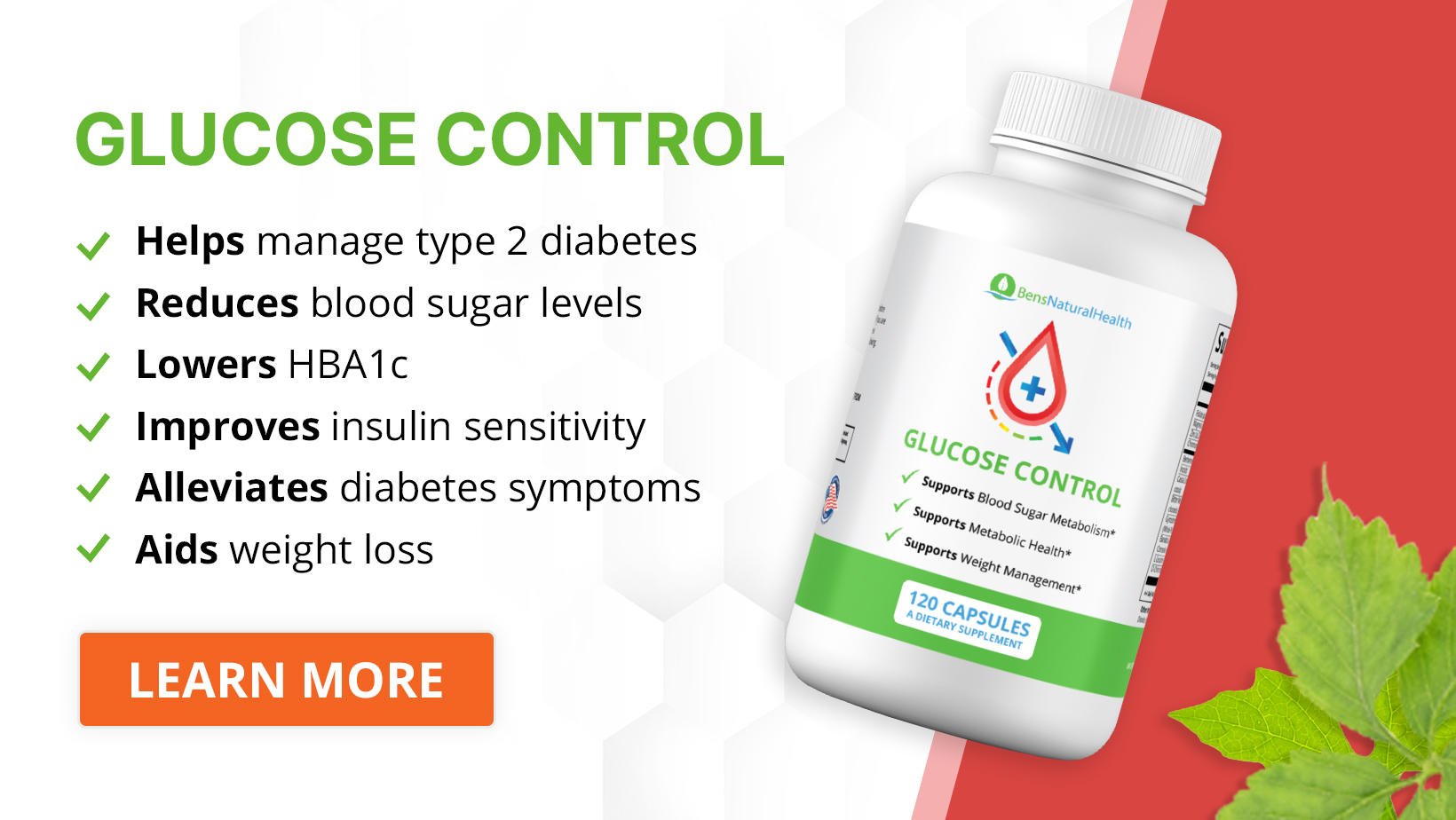- What is PCOS?
- What are the symptoms of PCOS?
- What are typical testosterone levels in PCOS patients?
- How can you tell if a woman has high testosterone?
- What causes high testosterone in PCOS?
- What health issues are caused by high androgens?
- How to lower testosterone if you have PCOS
- Things to avoid
- How is high testosterone treated in PCOS?
- Conclusion
- Source
If you have PCOS, your doctor may have told you that the birth control pill is the only way to help regulate your hormones.
But did you know there are natural methods of doing this as well?
If you’re one of the more than one million women in this world who has PCOS, there is more you can do than just take the pill.
Read on to find out what these natural methods are.
What is PCOS?
PCOS is an acronym that stands for polycystic ovary syndrome. It is a common infertility disorder.
It affects a significant portion of the global population. In fact, PCOS is the leading cause of anovulatory infertility in women.
PCOS is the most common hormonal condition in reproductive age women (generally age 18 to 44). Its prevalence is estimated to be between eight and 13 percent.
PCOS is multifactorial, complex, and difficult to diagnose. It can often get missed since it has overlapping symptoms with several other conditions.
PCOS involves multiple different genes. It is an inflammatory condition and autoimmune condition. It involves a dysregulated steroid state and is mostly due to lifestyle factors.
PCOS involves the imbalance of several hormones, including the following:
- Gonadotrophin releasing hormone
- Insulin
- Luteinizing hormone to follicular stimulating hormone ratio
- Androgens
- Estrogens
- Growth hormones
- Cortisol
- Parathyroid hormone
- Calcitonin
Get Your FREE Diabetes Diet Plan
- 15 foods to naturally lower blood sugar levels
- 3 day sample meal plan
- Designed exclusively by our nutritionist
What are the symptoms of PCOS?
Symptoms of PCOS include the following:
- Insulin resistance
- Hyperinsulinemia
- Hyperandrogenism
- Chronic anovulation
- Polycystic ovaries
- Acne
- Irregular menstrual cycles
What are typical testosterone levels in PCOS patients?
A healthy woman without PCOS generally has testosterone levels between 15 and 70 nanograms per decilitre, or 0.5 to 2.4 nanomoles per liter.
Women with PCOS have an average testosterone level of 92.5 nanograms per decilitre or 5.7 nanomoles per liter.

How can you tell if a woman has high testosterone?
A woman with high testosterone may display the following symptoms:
- Hirsutism
- Amenorrhea
- Oligomenorrhea
- Obesity
- Acne
- Infertility
- Alopecia
- Insulin resistance
What causes high testosterone in PCOS?
In PCOS, the pituitary hormone levels called luteinizing hormone are too high. The levels of insulin are also too high. This causes the ovaries to make a high amount of testosterone.
There is substantial evidence from in vitro and animal studies showing that endocrine disruptors could lead to the high testosterone we see in PCOS. This is because endocrine-disrupting chemicals induce reproductive and metabolic aberrations similar to the characteristics of PCOS.
People with PCOS have higher BPA concentrations compared to patients without PCOS. Those with higher BPA concentrations also were more likely to have high androgen levels in the blood. This shows that BPA may play a role in the development of PCOS.
Exposure to certain endocrine-disrupting chemicals could permanently change neuroendocrine reproductive and metabolic regulation. This is especially true if you are genetically susceptible to PCOS. Exposure to endocrine-disrupting chemicals could accelerate or exacerbate the course of the development of PCOS.
What health issues are caused by high androgens?
High androgens can lead to the following health issues:
- Diabetes
- Cardiovascular disease
- Infertility
- Obesity
PCOS can also influence bone metabolism. For this reason, people with PCOS are more susceptible to osteoporosis. Some evidence also shows that medications taken to treat PCOS may increase the risk of bone fracture through endocrine disruption.
The incidence of depression among people with PCOS is higher than in the rest of the population. PCOS can significantly affect the quality of life. Self-esteem can also be lower among people with PCOS. This is likely due to factors such as obesity, acne, alopecia, and hirsutism.

How to lower testosterone if you have PCOS
Changing your lifestyle can prevent immune activation and minimize your exposure to inflammatory factors. In fact, researchers say that this is the sustainable way to treat PCOS.
Diet
Eating the right foods can help manage your PCOS. In fact, the right foods can nourish you and regulate your hormones as well as your menstrual cycle.
Processed foods with lots of preservatives can lead to inflammation and insulin resistance. Instead of these, focus on whole foods.
Whole foods are those with no artificial sugars, hormones, or preservatives. They are as close to their natural form as possible. Examples of whole foods include fruits, vegetables, whole grains, and legumes.
Without the hormones and preservatives that come in junk foods, your endocrine system can better regulate your body’s blood sugar levels.
It’s also important that you have a proper balance between carbs and proteins. Both of these macronutrients impact your energy and hormone levels.
Eating protein stimulates your body’s insulin production. Unprocessed carbs can improve insulin sensitivity. Rather than following the trendy low-carb diet, focus on getting healthy protein sources. Plant-based sources of protein are best. These include nuts, legumes, and whole grains.
Don’t forget that PCOS is an inflammatory condition. Because of this, the consumption of anti-inflammatory foods can be helpful. You may want to consider the Mediterranean Diet, which has many anti-inflammatory foods, including the following:
- Olive oil
- Tomatoes
- Leafy greens
- Fatty fish such as mackerel and tuna
- Tree nuts

Exercise
Exercise can help to maintain a healthy weight for people with PCOS. However, too much of a good thing can be a bad thing. Overexercising can disrupt your hormones. Speak to a doctor to ensure you get a healthy balance of exercise.
You may want to try low-impact exercises such as yoga or pilates for longer durations. High-intensity interval training and long-distance running may also be helpful with symptoms of PCOS.
Supplements
Some supplements for PCOS can help reduce testosterone and improve your symptoms.
Inositol
Inositol is a nutrient similar to a B vitamin. It can help improve insulin resistance. It can also be helpful with infertility in people with PCOS.
Chromium
Chromium is a micromineral. It may help improve your body mass index. This can be helpful in PCOS.
Chromium also helps your body metabolize sugar, which can help to stabilize insulin resistance.
Cinnamon
Cinnamon extract can be helpful in insulin resistance. It can also help to regulate menstruation in people with PCOS.

Turmeric
Turmeric is a potent anti-inflammatory agent. It is also promising in decreasing insulin resistance.
Zinc
Zinc is a trace element. It can help to boost the immune system and improve fertility. Excessive or unwanted hair growth on the face or body can also improve with zinc.
Funnily enough, hair loss from the scalp can improve with zinc supplementation. You can also get zinc through your diet by consuming red meat, beans, tree nuts, and seafood.

Evening primrose oil
Evening primrose oil is helpful with period pain and irregular menstruation. PCOS has been linked to high cholesterol levels and oxidative stress. Evening primrose oil can help with both of these parameters.
Cod liver oil
Cod liver oil contains omega 3 fatty acids, vitamin A, and vitamin D. Omega 3 fatty acids can help in menstrual regulation. They can also help with fat around the waistline.
Berberine
Berberine is a herb that is used in Chinese medicine. It can help with insulin resistance by ramping up your metabolism and balancing your body’s endocrine responses.

Vitamin D and calcium
Calcium and vitamin D work well in combination for the treatment of PCOS. Vitamin D acts like a hormone in the body. It is vital to your body’s endocrine system.
Vitamin D deficiency is common among people with PCOS. Vitamin D and calcium in combination can help improve irregular menstruation and may help you ovulate.
Maca root
Maca root can help to boost libido and fertility. It can help to balance sex hormones as well as cortisol (stress hormone) levels. Maca can also help in the treatment of depression, which can be a symptom of PCOS.

Ashwagandha
Ashwagandha can be especially helpful if you have PCOS as well as stress. This is because ashwagandha can help balance cortisol levels, your body’s stress hormone.
Holy basil
Holy basil helps to balance chemical and metabolic stress. It can also help reduce blood sugar levels, lower cortisol levels, and prevent weight gain.

Licorice root
Licorice root is an anti-inflammatory herb. It can also help with the metabolism of sugar and in the balancing of hormones.
Chasteberry
Chasteberry is helpful in the treatment of reproductive conditions. It can be especially helpful with the symptoms of premenstrual syndrome (PMS).
Tribulus Terrestris
Tribulus Terrestris can help to stimulate ovulation. It can also support healthy menstruation and can decrease the actual number of cysts on the ovaries!

Things to avoid
Endocrine disruptors are an important type of substance to avoid if you have PCOS. These chemicals or ingredients can interfere with your body’s normal hormone metabolism.
Certain endocrine disruptors can mimic female sex hormones, while others mimic male sex hormones. This can confuse your body’s reproductive system.
Endocrine disruptors can increase your risk of PCOS. They can be found in canned foods, makeup, and soaps.
Read your product labels, and look out for the following endocrine-disrupting ingredients:
- Dioxins
- Phthalates
- Pesticides
- BPA
- Glycol ethers
How is high testosterone treated in PCOS?
The current treatment methods for PCOS are subpar. This is because they focus on symptom management rather than working on the root cause.
Doctors commonly use metformin in young girls and adolescents with PCOS as first-line therapy. They sometimes use metformin in combination with anti-androgen medications.
Doctors will often prescribe the birth control pill or hormone therapy in an effort to regulate hormone levels in PCOS.
Conclusion
If you didn’t already understand what PCOS is, you should now. You are aware of the PCOS symptoms to look out for and know what typical testosterone levels to expect. And you even have an awareness of what signs of high testosterone to look out for.
Remember that endocrine-disrupting chemicals such as BPA can contribute to high testosterone in PCOS. It is important to do what you can to prevent PCOS since high androgen levels can cause negative sequelae such as cardiovascular disease and diabetes. And you now know how to do that through exercise, diet, supplements, and other lifestyle changes.
If you have symptoms of PCOS, speak to your doctor today to get a proper diagnosis. Then work with a health care provider to help naturally lower your testosterone levels with PCOS.
Explore More








